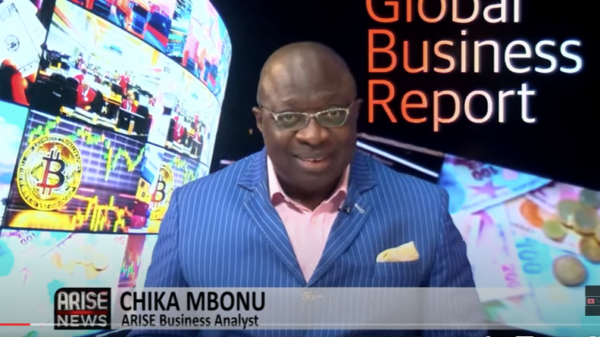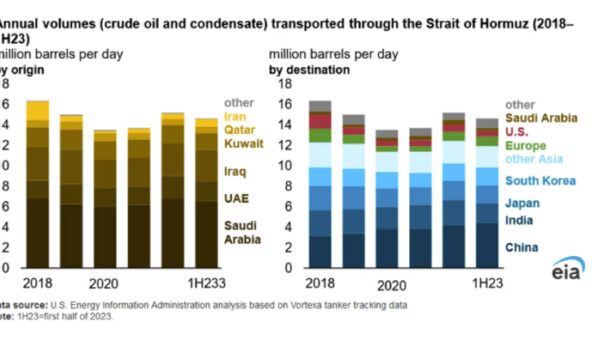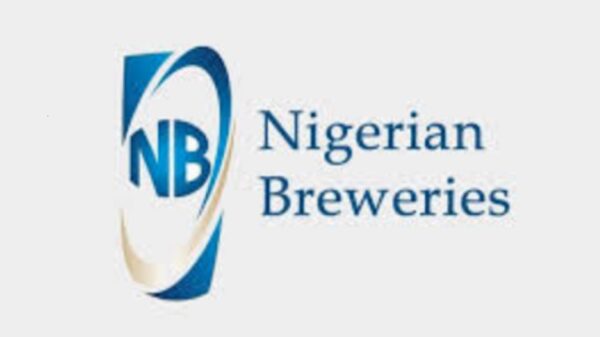Nigeria’s stock market has witnessed recurring bearish trade performance this year, with the All-share index recording a decline of 5% year to date, due to large sell-offs from blue chip stocks on the exchange bourse.
According to a stockbroker who spoke with Nairametrics, “Pension funds are no longer buying and there are no foreign portfolio investors, so the market is basically dead,” suggesting that the lack of institutional investor participation like Pension funds is affecting stock market performances. The data also confirms the suspicion.
According to the pension funds industry portfolio report, it appears Nigerian Pension Funds’ investments in Nigerian equities have declined by N27.84 billion between January and April 2021. A possible reason why equities have been negatively affected.
As of 31st December 2020, Pension Fund investment in domestic equities stood at N858.46 billion, which dropped to N830.62 billion by April 2020. This represents a 3.2% decline in the space of four months. In contrast, Pension Funds have increased their purchase of government securities and investment in bank placements.
While allocation to equities somewhat decreased, allocation to bank placements increased to N1.64 trillion from N1.53 trillion. Allocation to FGN Bonds also increased from N7.3 trillion to N7.45 trillion. Bear in mind that total Pension Fund Assets as of April 2021 was N12.39 trillion compared to N12.30 trillion as of December 2020.
According to one analyst who spoke during Nairametrics “OneTheMoney” Twitter spaces show last Saturday, Pension Funds are being wooed by banks to place funds in fixed deposits that promises as high as 15% per annum. As CBN continues to debit banks via its CRR policy, some banks have resorted to Pension funds to shore up their deposits and avoid borrowing short-term funds via the CBN’s punitive Standard Lending Facility window.
Mark to market hitting equities
Analysts also suggest the mark to market policy of valuing the net asset of pension funds is also a major factor affecting their purchase of stocks. All pension funds are required to publish their daily Net Asset Value Per Share (NAVPS) which is basically the market value of their asset’s divided by the number of shares issued to its pension fund contributors.
- In order to value their assets daily, they will have to update the value of their investments which include equities as well as fixed income securities like bonds, treasury bills, fixed deposits etc.
- Unfortunately, the asset class that is the most volatile in their portfolio is equities. Share prices rise and fall every day, thus, in a bearish market or one perceived to be bearish, share prices are likely to fall sooner than later.
- Pension Fund administrators are well aware of this risk and thus, pare down their investment in equities to avoid any negative effect on their Net Asset Value Per Share. When equities did very well towards the end of 2020, Pension Funds Administrators increased their investments in Nigerian equities, from N595.48 billion as of January 2020 to N858.46 billion by the end of 2020.
- However, as of April 30, 2021, the total gross asset value of investments in equities had declined as they cycle funds away from equities.

Another stockbroker who shared his frustration with Nairametrics suggested the lack of trust in equities exhibited by fund managers is a major issue for market participation. “Pension Fund Managers are either waiting for foreign portfolio investors to lead the way or whichever of their counterparts will move first,” he said, suggesting that the impetus to invest in the market is driven by fear of missing out (FOMO) rather than fundamentals.
While the larger economy continues to struggle amidst a weak GDP growth rate in the first quarter of 2021, most listed companies have performed extremely well in the first quarter of 2021. For example, Nigeria’s quoted companies worth one trillion and above of market capitalization (1TMCs), all reported improved earnings per share in the quarter ended March 2021.
Other reasons
- Foreign portfolio investors continue to remain on the sidelines in the wake of Nigeria’s FX debacle. Fund managers who spoke to Nairametrics on condition of anonymity reveal orders from foreign investors are yet to pick up from their drop at the height of the Covid-19 lockdown.
- As of the 4th quarter of 2020, foreign portfolio investments in equities fell to just $18 million, its lowest since we started tracking. Even in the second and third quarter of 2020, when stocks were on a bullish run, portfolio inflows into equities was just $53million and $44 million respectively.
- Investors also cite the shallow nature of the Nigerian stock market as a challenge. As one fund manager explained, “If we already have stakes in major equities, what else is there to buy?” Pension Funds are not allowed to own more than 7% stake in any quoted company.


















































You must be logged in to post a comment Login